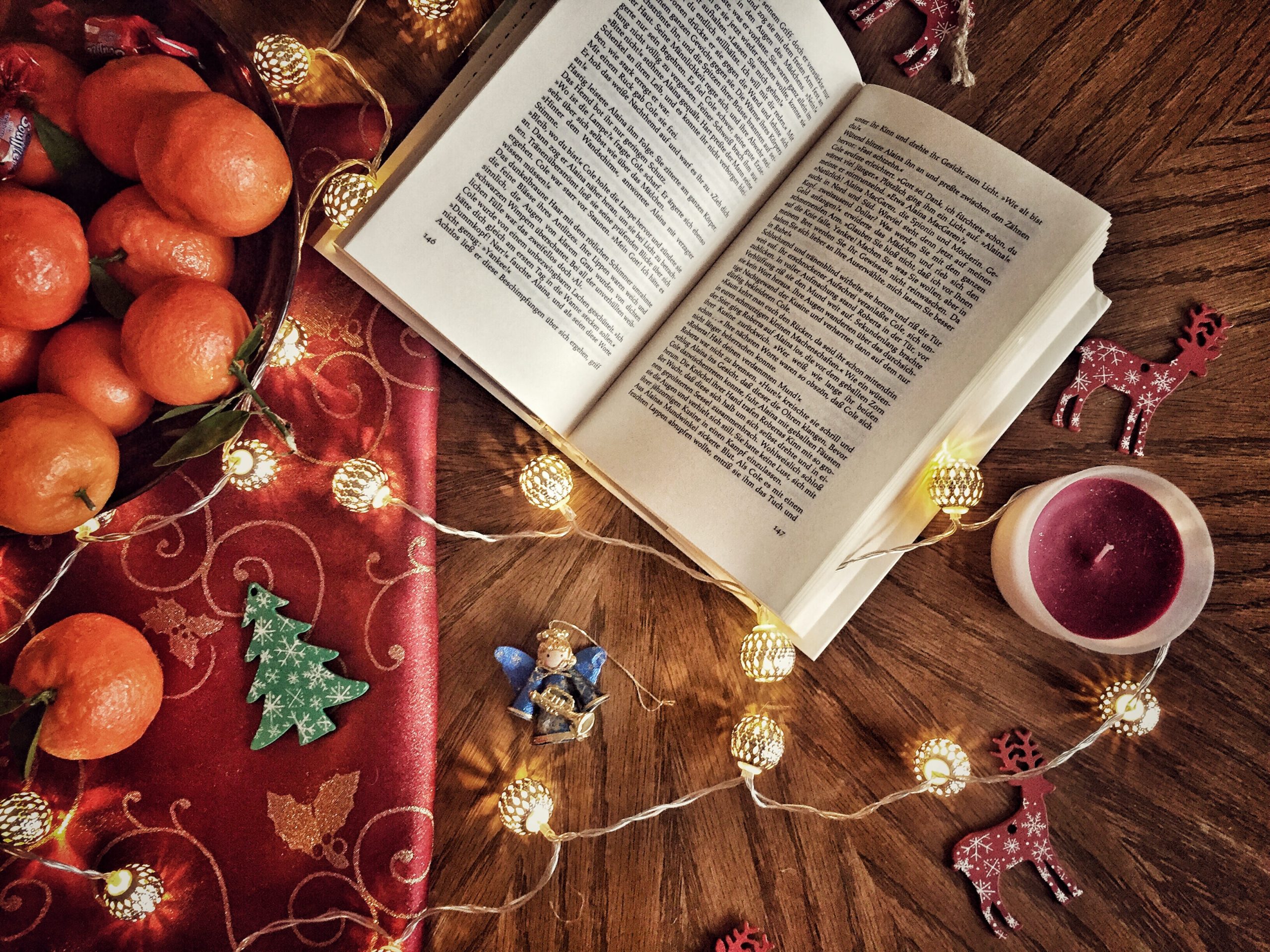In this version of twenty questions, I send a list of questions to a willing victim author and they choose their own interview by handpicking which questions (and how many!) they want to answer. As a big fan of both mythology and their retellings, I have read and been delighted with both of Madeline Miller‘s offerings (read my reviews of The Song of Achilles and Galatea). Here is what Madeline had to say about reading, writing, and starting the day with poetry.
Would you give us a bit of introduction and let my readers know who you are, how you got started writing, and what kind of books you like to write?
Hello all, and thank you so much, Nicole, for having me on! My name is Madeline Miller, and I’m the author of The Song of Achilles, a novel about the Greek hero Achilles narrated by his lover, Patroclus; and most recently of a short story e-book single, Galatea, which retells the myth of Pygmalion, a sculptor who falls in love with his statue, from the perspective of the statue herself.
I grew up in New York and Philadelphia, and currently live in Cambridge, MA. Along with writing, I teach Classics and direct Shakespeare plays, which are the three equal loves of my working life.
I am often struck by the different ways writers respond to the process of writing a book. Can you share with us any routines, food or recipes, or favorite books or rituals that help you thorough the writing process?
I like to start the writing day by reading poetry—there is something about its beautiful precision that helps to focus my mind. I usually just open my Norton Anthology at random and let the fates decide.
I also love to take walks. I get stuck a lot while I work (for me, getting stuck is part of the process as much as being unstuck) and taking a few laps around the neighborhood will usually shake something loose—or at least brighten my mood enough to send me back to tackle it again.
People live in stories, we are surrounded by them. What was it about this the story that made it the one you had to tell at this time? What impact did telling this story have on your life? Did you find that it had changed you?
I’ve been fascinated with Galatea and Pygmalion’s story for over a decade, ever since I first read Ovid’s version in college. It’s one of those myths that is filled with so many different resonances: the artist’s obsessive love for his or her art, the power of our yearning for the beloved and, particularly gripping for me, the drive to idealize women, rather than allow them to be real. I found Ovid’s detail that Pygmalion has rejected the other women of his town telling—he is only happy with a wife he has created himself. I immediately began wondering what it would be like to live with such a husband–especially given that he had, in fact, literally created you—and promised myself that one day I would give Galatea the chance to answer, in her own voice.
What I didn’t realize was that that voice would come to me at 1AM in the morning, when I was supposed to be leaving for a book trip the next day. I scrambled for my laptop and spent the next four hours taking what felt like dictation. It was as though the story had percolated and percolated, and finally my mind said: okay, enough thinking, starting writing NOW.
Are you able to read when you’re writing and if so what books inspire you when you’re working your own book(s)?
There’s nothing that can stop me from reading! And, in fact, reading a really great novel while I’m in the midst of my own book inspires me to work harder. Though I do generally try to avoid novels about the same topic I’m involved with. For instance, when I was working on The Song of Achilles I declared a moratorium on all Greek myth related stories after the Renaissance (a promise I broke only once, for Margaret Atwood’s Penelopiad).
This will sound strange, but I’m often most inspired by academic articles and books. Right now I have a stack of about fifty of them by my bedside for my next book, and am slowly working my way through. Hearing scholars debate a subject helps me crystalize my own feelings without getting in the way of creativity.
What was the most interesting thing that you found out while researching this book that you ultimately decided not to include?
A key part of the original myth of Galatea and Pygmalion is that their daughter, Paphos, grows up to be famous enough that they name the town of Paphos for her. That detail had to remain outside the scope of my story (you’ll see why if you read it), but it was very much in my mind as I wrote.
Also, in Ovid’s original telling of the story, the statue given a name at all—she’s only “the ivory woman.” The name Galatea came only in later versions.
What types of books would some of your characters have if they were readers? Given their issues what book(s) would you suggest for them to read?
Galatea is, in my imagining of her, intensely intelligent and curious. She’s desperate to learn to read, and if she had the chance, I think she’d absorb every bit of printed text she could find: poetry, philosophy, history, astronomy, etc.
In the past I have visited a blog called Daily Routines and it’s all about the schedules of writers and creative people. What does a typical day look like for you and how do you manage a busy schedule?
My daily schedule is still evolving as I try to figure out what it means to be a “full-time writer.” When I wrote my first book, I was teaching and directing full-time, and so my writing was relegated to weekends and vacations, where I wrote in twelve or fourteen hours binges. Right now I’m experimenting with more regular hours—start at 9, end sometime in the afternoon when I run out of steam.
I think my greatest challenge is actually balancing writing (which is completely internal) with things like emails, social media and updating my website (completely external). I’ve learned that I can’t do them both at the same time, and my current solution is to have days that are sacrosanct for only writing, where I try not to even check my email.
Did you know what you wanted the title of the book to be? How involved were in choosing the name of the book?
True confession time: I am terrible with titles. For almost the ten years that I worked on it, The Song of Achilles was simply “Achilles Story” in my mind. So when it came time to actually give it a real title, I went into a panic. But, thanks to some brainstorming with friends, my agent and my editors, I stumbled upon something that felt right. Poetry and songs in the ancient world were the same thing—and the Iliad itself, which was a key source for me, means “The Song of Troy” (Ill-is the Troy part; —ad the song part, which is the source of the English word “ode”).
As for Galatea, I knew that I wanted the title to be her name from the start. Pygmalion tends to dominate versions of their story, and I wanted to stake a claim to this retelling as entirely hers. It’s not particularly inventive, but it felt right.



